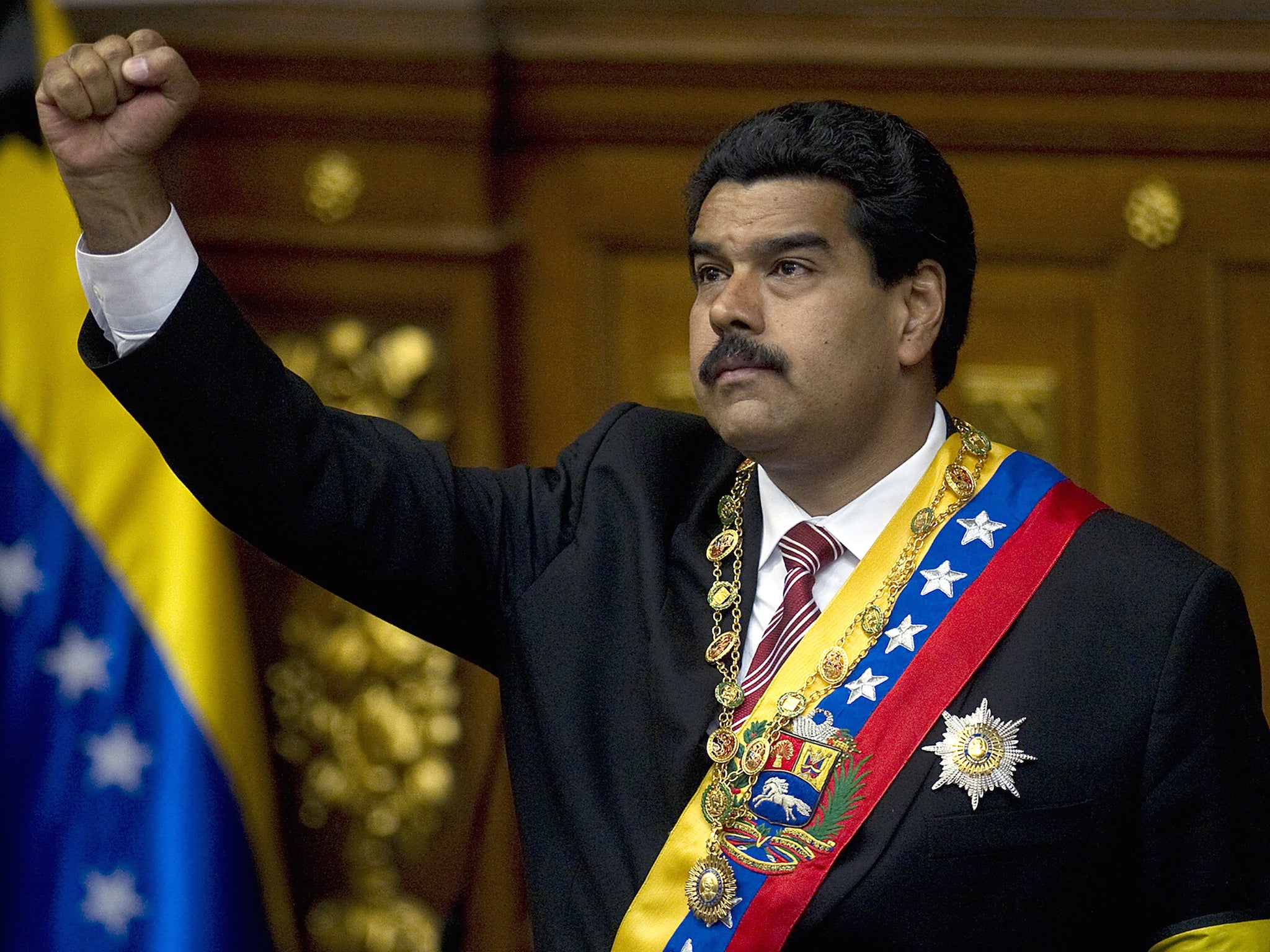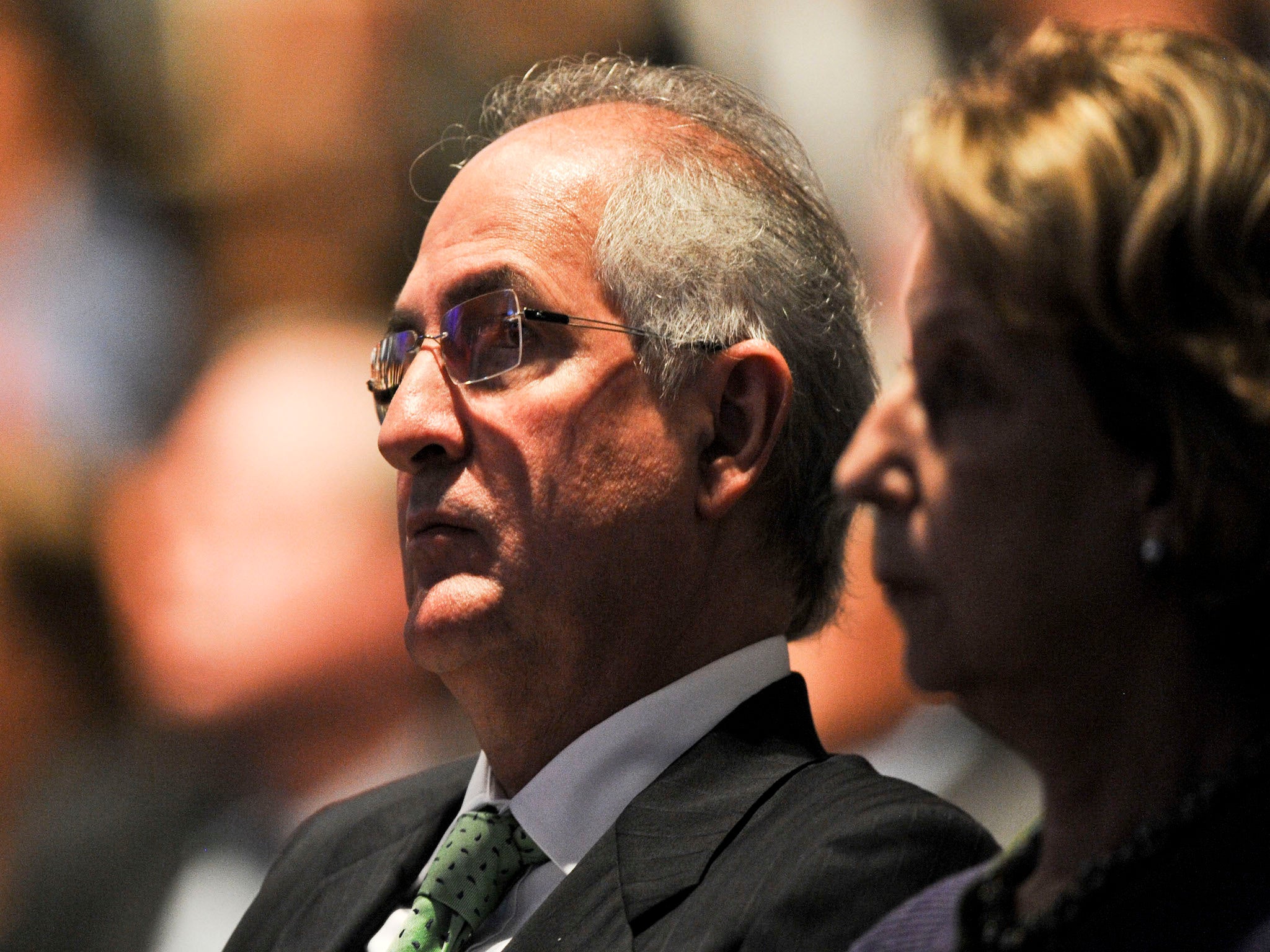Venezuela declared a threat to US national security
Barack Obama's administration announces sanctions against seven Venezuelan officials

US President Barack Obama has claimed that Venezuela is a threat to the America’s national security – issuing sanctions to seven individuals and expressing concern about the treatment of political opponents
Without specifying how Caracas represented such a threat, the Obama government said Venezuelan officials had been involved in increasing repression of opponents and those voicing dissent, including students. Venezuela responded to the latest twist in a long-running diplomatic spat by recalling its envoy from Washington for consultations.
“Venezuelan officials past and present who violate the human rights of Venezuelan citizens and engage in acts of public corruption will not be welcome here, and we now have the tools to block their assets and their use of US financial systems,” White House spokesman Josh Earnest said in a statement.
He added: “We are deeply concerned by the Venezuelan governments efforts to escalate intimidation of its political opponents. Venezuela's problems cannot be solved by criminalising dissent.”
The government of President Nicholas Maduro, struggling with severe economic problems that are partly the result of declining oil prices, has faced claims that it become increasingly autocratic when dealing with its opponents.
They point to incidents such as last month’s including detaining of opposition leader and Caracas metropolitan mayor, Antonio Ledezma, who was arrested for his purported involvement in an alleged coup plot against the Maduro government.
The seven individuals named in the White House order reportedly included Antonio Jose Benavides Torres, a former director of Venezuela's Bolivarian National Guard, a body accused of conducting human rights abuses, and Manuel Eduardo Perez Urdaneta, director of the Bolivarian National Police.
The White House called on Venezuela to release all political prisoners, including dozens of students, and warned against blaming Washington for its problems.

The relationship between the US and Venezuela has been difficult for a number of years, even though Washington has previously been a major importer of oil. Even today, Venezuela is the fourth largest supplier of oil to the US.
In 2004, it emerged that the US had been channelling hundreds of thousands of dollars to fund the political opponents of then President Hugo Chavez, including those who briefly overthrew him two years earlier. Among those who supported the attempt were Mr Ledezma.
On Monday, Venezuela said it would respond shortly to the US move, according to Reuters.
“We will soon make public Venezuela’s response to these declarations,” Foreign Minister Delcy Rodriguez told reporters.
Join our commenting forum
Join thought-provoking conversations, follow other Independent readers and see their replies
Comments
Bookmark popover
Removed from bookmarks